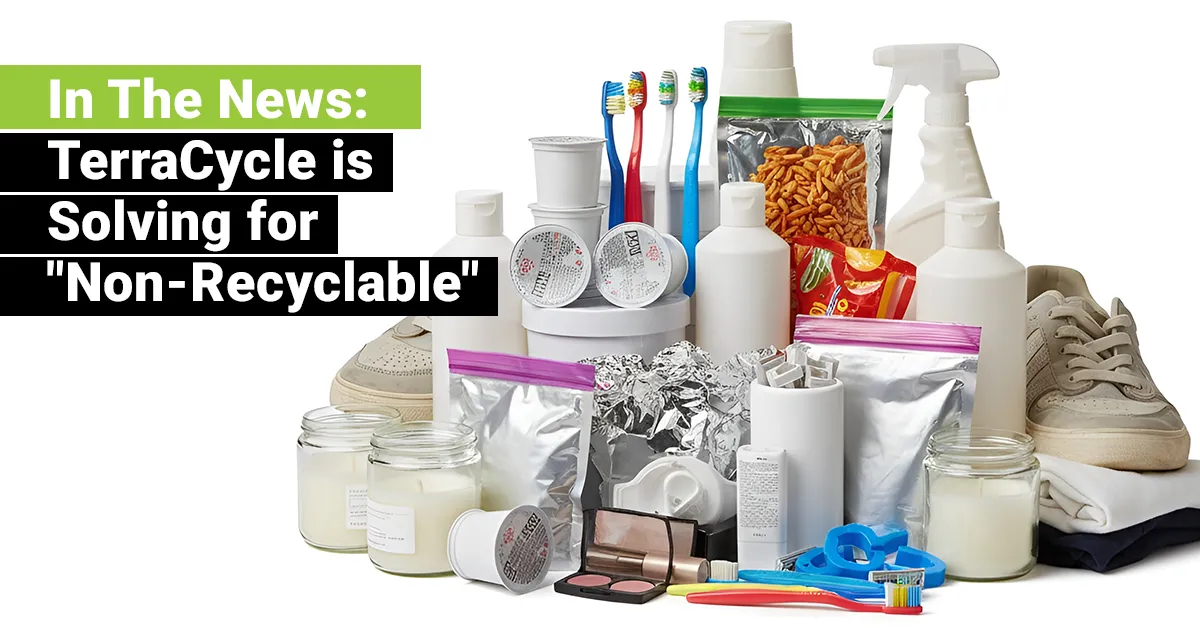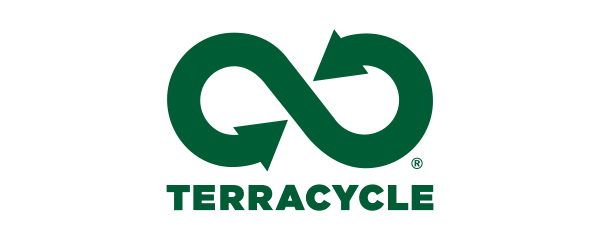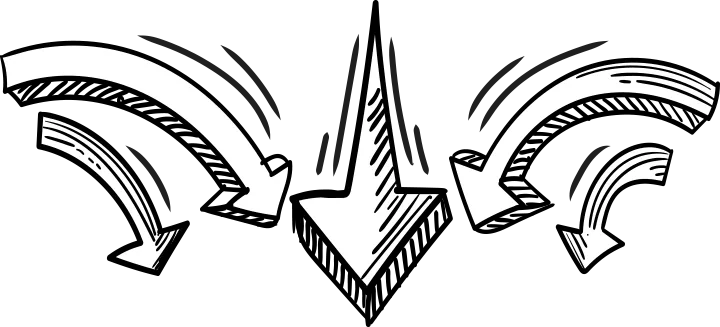We’ve all stood in front of the recycling bin, holding an empty chip bag or a used coffee pod, wondering, “Can this even be recycled?” For most everyday items, the answer is a frustrating “no,” and into the trash they go. But what if there was a better way?
A recent article by Leah Stodart at Mashable gives readers a window into TerraCycle, a company we admire that’s tackling this exact problem. They’ve built an innovative business model around recycling the “unrecyclable,” and their journey offers powerful lessons for any brand looking to build a more sustainable and loyal customer base.
What is TerraCycle?
As the Mashable article explains, TerraCycle is a recycling company that has created a platform for items that traditional municipal facilities can’t handle. Think deodorant tubes, contact lens packaging, and snack wrappers. Consumers can participate in two primary ways: through free, brand-sponsored mail-in programs (for brands like Gillette, Colgate, and Brita) or by purchasing a “Zero Waste Box” for broader categories of waste.
The process is straightforward: you collect the items, pack them in a box, and use a prepaid shipping label from TerraCycle’s website to send them off. TerraCycle then turns that waste into raw material for new products, effectively closing the loop on consumption.
A Masterclass in Shared Value
From a strategic standpoint, TerraCycle is more than just a recycling company; it’s a brilliant partnership platform built on the principle of shared value. The brand-sponsored programs are the core of this genius. By funding the recycling of their own hard-to-process packaging, brands like Hasbro, Ziploc, Tom’s, Kroger, and Gerber (among many others) are doing something incredibly smart: they are taking direct responsibility for their product’s entire lifecycle.
This isn’t just good PR—it’s a powerful tool for building customer loyalty. It tells consumers, “We understand the waste problem, and we’re investing in a solution alongside you.” In an era where consumers are increasingly drawn to brands that align with their values, this proactive approach creates a deep, meaningful connection that goes far beyond the initial transaction. It transforms a point of frustration (waste) into a positive brand interaction.
The Partnership Marketing Connection
TerraCycle’s model is a perfect real-world example of partnership marketing in action. The relationship between TerraCycle and a sponsoring brand is symbiotic and results-driven, much like a successful affiliate program.
The sponsoring brand is essentially partnering with TerraCycle to offer a valuable service to their shared audience—the end consumer. This collaboration drives a specific, positive action (mailing in recyclables) that enhances the brand’s reputation for sustainability and social responsibility. Just as an affiliate partner authentically promotes a product to their audience, TerraCycle provides a platform that allows brands to authentically live out their commitment to the environment. It’s a win-win-win: the brand builds equity, TerraCycle grows its mission, and the consumer feels empowered.
Innovating for a Better Future
TerraCycle’s success proves that some of the biggest business opportunities are hidden within our biggest challenges. By reframing a problem like waste into a platform for collaboration, they’ve created a model that is both profitable and purposeful. It’s a powerful reminder that the strongest brand-customer relationships are built when companies and consumers work together toward a shared goal.
We’re inspired by their work and the forward-thinking brands that partner with them.
Check out the full article on Mashable to learn more.




